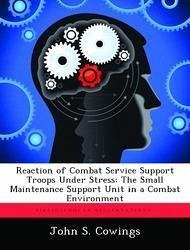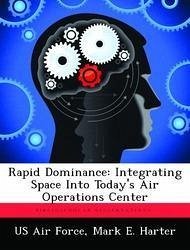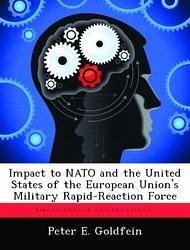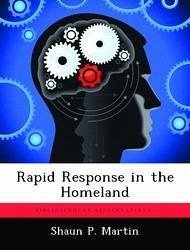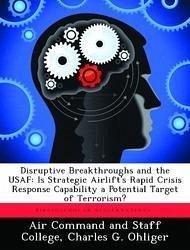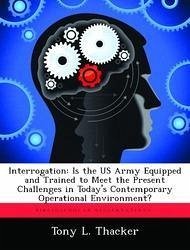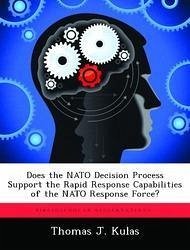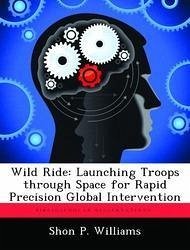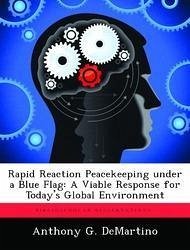
Rapid Reaction Peacekeeping under a Blue Flag: A Viable Response for Today's Global Environment
Versandkostenfrei!
Versandfertig in über 4 Wochen
52,99 €
inkl. MwSt.

PAYBACK Punkte
26 °P sammeln!
This monograph is a study of whether a standing rapid reaction force is viable for United Nation's peace operations. Since the end of Cold War, UN peace operations have vastly increased in size, scope and number. There are high expectations for the UN in the global security environment. Yet the UN has not been able to build momentum and support for peace operations as quickly as most of these situations require. This is a result of the UN's inability to adjust to the rapidly changing global environment. The monograph details the global environment and the challenges in peace operations present...
This monograph is a study of whether a standing rapid reaction force is viable for United Nation's peace operations. Since the end of Cold War, UN peace operations have vastly increased in size, scope and number. There are high expectations for the UN in the global security environment. Yet the UN has not been able to build momentum and support for peace operations as quickly as most of these situations require. This is a result of the UN's inability to adjust to the rapidly changing global environment. The monograph details the global environment and the challenges in peace operations presented by globalization and 'new wars'. The fundamental source of new wars is the crisis of state authority; a profound loss of legitimacy is apparent in the post-colonial states in the 1970s and 1980s and in the post communist states after 1989. In issues of sovereignty, the 'Cosmopolitan Approach' highlights that the realist view of sovereignty, where state to state relationships are paramount, is too simplistic. Insertion of a UN rapid reaction force without the consent of the state involved normally violates the norms of sovereignty. However, under the Cosmopolitan Approach, since the state failed at one of its most important tasks, safety of its citizens, United Nations intervention is justified. Throughout its history, the UN has employed peacekeeping forces hurriedly assembled from member nations to maintain global security and assist in assuring regional stability and global peace. The current method of conducting UN peacekeeping, on the cheap and on an ad hoc basis, is a recipe for failure in the current globalized, new war plagued, international environment. The ability to conduct timely interventions and coordinated deployments in support of peace operations is paramount for the success of UN operations. This requires a rapid reaction capability. A rapid reaction force provides the international community a viable instrument to project military power quickly and effecti



